Game description:
Night Shift At Chuck E Cheese is a first-person shift game set inside a closed family restaurant after hours. You arrive as the temporary night attendant, log in at the service desk, and keep the building safe until morning. The loop is direct: watch cameras, balance power, complete maintenance tasks, and respond to movement alerts around the stage, arcade, kitchen, and storage. Every action ties into a limited resource budget, so you plan routes carefully, switch systems on and off, and decide when to wait at the desk or move on foot.
Monitoring And Layout
Your tools start with a desktop map that links to CCTV feeds, door locks, ventilation toggles, and a breaker panel. Each zone has sound sensors and motion flags that update in real time, hinting at where attention is needed. The stage area has animatronic control panels and a scheduler you can pause or resume. The arcade holds coin hoppers, ticket dispensers, and cabinets that may soft-reset during brownouts. Hallways connect back rooms in loops, making patrols short but risky if power is low or doors stay locked too long.
Routine And Risks
Core play mixes scheduled chores with interrupts from system alerts. You track timers, clear jams, and decide when to confront disturbances directly or manage them from the desk. Success comes from clean execution and strict resource control rather than speed. The list below shows the main actions you rotate through:
· Check CCTV, log movement, and tag priority zones
· Reset arcade cabinets and refill ticket rolls
· Cycle doors and vents to redirect noise and temperature
· Inspect animatronic poses and run a short diagnostic
· Walk power routes, flip breakers, and trim nonessential loads
Progression And Tools
Each completed night unlocks new modules: a handheld light with adjustable beam, a tablet map for patrolling, and a noise meter that warns when systems make the building too loud. Reports at sunrise grade performance on power usage, downtime, and response accuracy, awarding access badges that open locked rooms. Optional challenges add stricter budgets, random cabinet faults, or a silent-desk rule that forces more walking.
Your strategy develops as you learn traffic patterns. The kitchen runs hot when ovens cycle, so vents there drain power faster. The arcade resets in clusters, meaning it is cheaper to batch fixes after a surge. The stage room rewards brief, precise checks rather than long visits. By the third week, you plan nights around expected spikes, placing yourself near key doors before alarms trigger and reserving enough capacity to recover from a trip at the breaker.










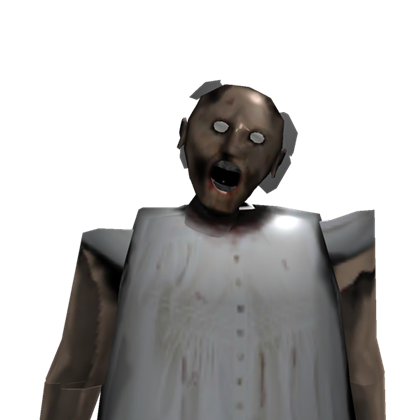





























































































































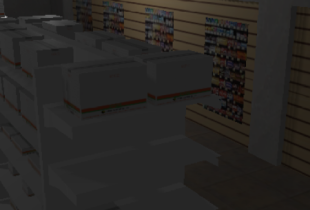

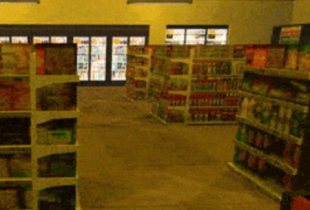

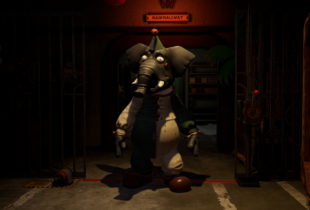
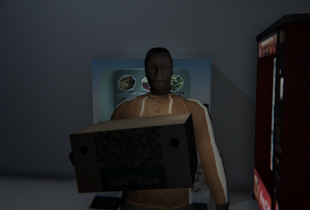



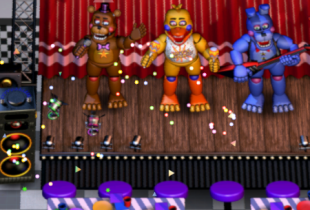
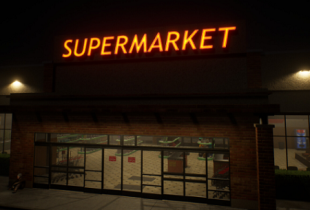

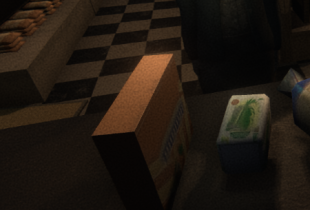

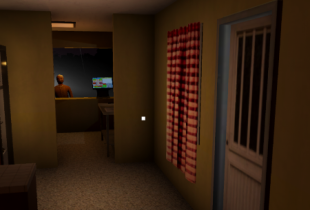

Comments